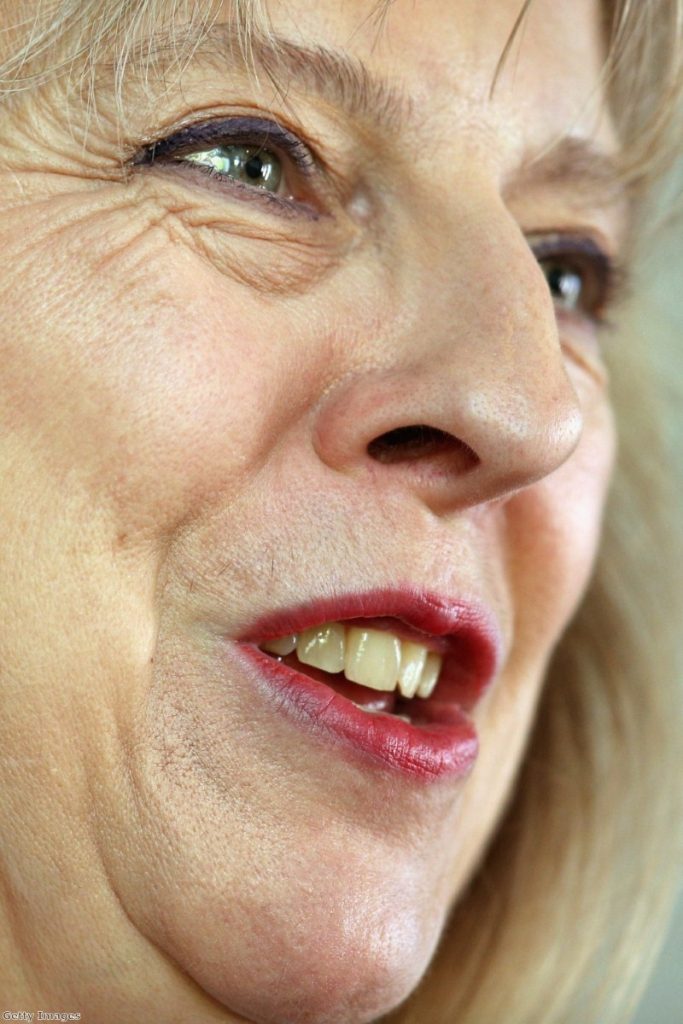As the reshuffle dominates headlines, May forces through surveillance bill
The government took advantage of press attention on the reshuffle today to force through emergency surveillance legislation which could introduce the snoopers' charter by the backdoor.
Opposition to the data retention and investigatory powers bill (Drip) was growing both in and out of parliament, but it will not come quickly enough to stop the home secretary ramming the bill through all its Commons stages in a matter of hours.
Labour broke the consensus on the legislation last night with an announcement that it would table two amendments, while companies like Google and Facebook warned of the free speech implications.
Labour, which agreed the details of the emergency legislation in behind-closed-door meetings with the Liberal Democrats and Conservatives, broke ranks and demanded two amendments before the bill was passed.


Firstly, the party wants the review of the Regulation of Investigatory Powers Act (Ripa) – Britain's main surveillance legislation – to be included in the legislation.
The review had been promised ahead of the legislation, but there was no mention of it when the bill was published.
Secondly, Labour wants the intercept commissioner to publish a report every six months on the operation of the bill.
"The government should not have left this legislation until the last minute before the summer," shadow home secretary Yvette Cooper said.
"And they should have engaged much earlier in a serious public debate about what powers should be available to the police and security services and what safeguards are needed for privacy – as President Obama has done in the US since the Snowdon leaks last year.
"By ducking the debate and leaving things to the last minute they are undermining trust."
Interestingly, Labour also claimed credit for the two-year sunset clause on the bill and a planned independent review of surveillance laws – two elements the Liberal Democrats had previously promoted as their own achievements.
Meanwhile, the Global Network Initiative (GNI), a digital free speech and privacy group which counts Yahoo, Microsoft, Facebook, Google and Facebook among its members, said the bill would be used by authoritarian governments to crack down on free expression overseas.
"GNI has observed a troubling legislative trend around the world in which requirements are placed on communications providers to respond to government requests for user data outside that government’s jurisdiction," the group said in a letter to the prime minister.
"By asserting extraterritorial jurisdiction, the Drip bill could provide unintended justification for such actions by other governments, including those that seek to limit freedom of expression and other human rights online.
"We are concerned that the effect of passing this legislation will be to encourage other governments to expand claims of jurisdiction without regard to the physical location of data centres.
"We urge you to be mindful of these consequences, including the impact of laws enacted in other jurisdictions on the privacy rights of UK citizens at home and abroad, when considering this legislation."
The bill will go through all of its stages in the Commons this afternoon – a process which usually takes several months.









